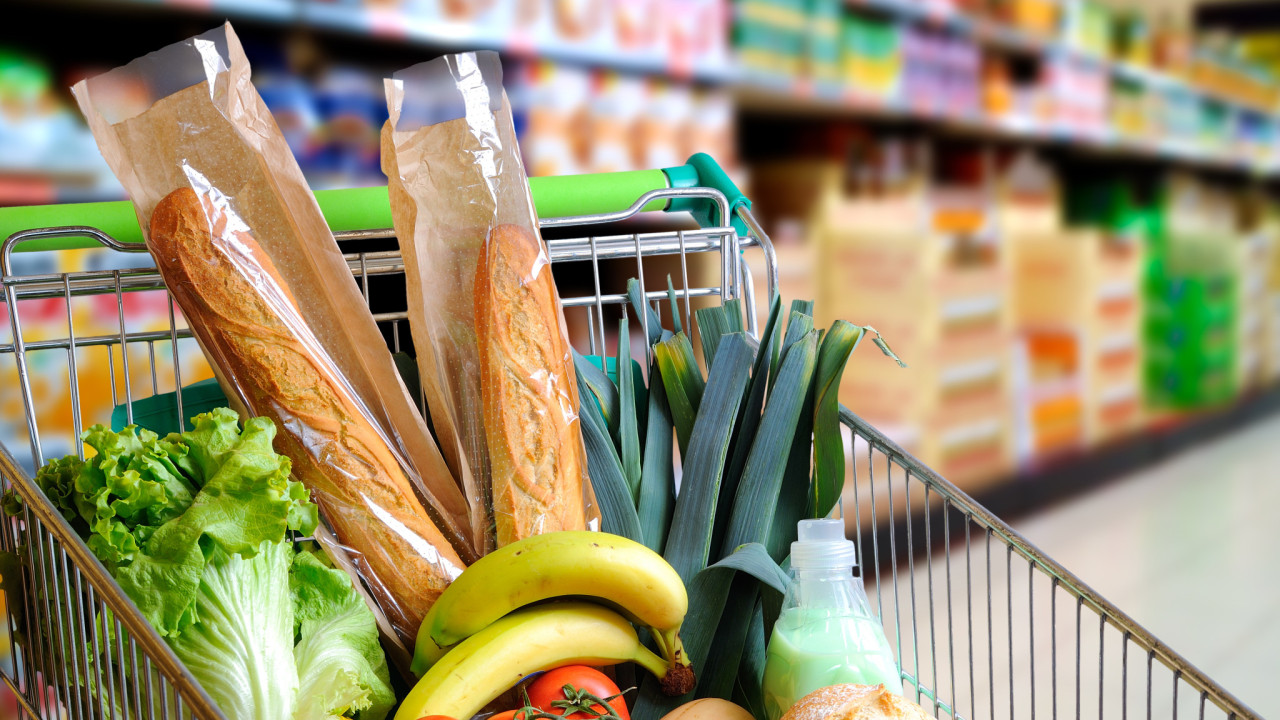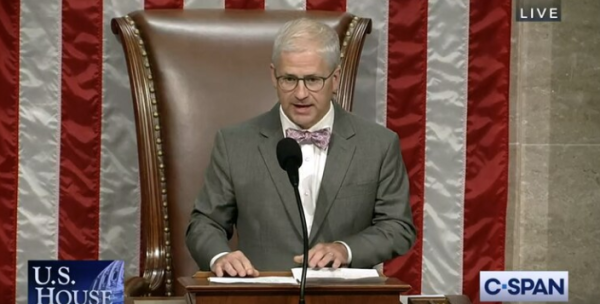
There is no break in the market this year, with consumers looking to cut spending where they can, as month-on-month increases in staples continue unabated.
Unfortunately, inflation remains the most serious problem faced by Greeks in the last two years, despite the government’s efforts to limit the phenomenon with supportive measures, such as the market pass, energy subsidies for household incomes, but also interventions in the market, such as the household basket, imposing a ceiling on the profit margin on key product categories.
Market agents do not hide their fears that from September and given the continuous increase in the prices of food and raw materials in the international markets, there will be new price increases in basic products.
The price of sugar has already increased in the last two years by 64%, of olive oil by 51%, while in flour, cereals and baked goods the increases exceeded 30% from 2021 to today.
This situation has forced consumers not only to limit their purchases for months, but also to turn to cheaper products, whether they are on sale or private label.
At the same time, spontaneous purchases at the supermarket have been significantly reduced, while in their consumer behavior Greeks have now adopted the purchase of smaller packages, are cutting back on non-essential foods, while they have also cut back on their journeys to reduce fuel costs.
According to the latest Nielsen IQ data, which now includes actual data from the discount channel, the organized food retail market moved positively in value by 8.7% in the first half of 2023 compared to the corresponding period last year .
This trend is mainly driven by food, both fresh (+9.2%) and standardized (+9.4%), with bazaar products showing the most moderate growth, at +2.7%, while at the same time the major FMCG categories of household use, as well as personal care, show significant sales growth in value, at +10.6% and +7.8% respectively, due to increased prices.
However, looking at volume sales for the total up to June 18, 2023, there is a 2.5% decline, suggesting that market growth is purely inflationary, with consumption holding back.
Private label products
In fact, from the same data it follows that consumers, in their effort to limit their spending per visit to the supermarket, continue to show a growing preference for private label products.
These, although they have significantly increased their average selling price, continue to be the cheapest alternative in the majority of categories, having now reached a market share of 1/4 of the total.
This share, in fact, is particularly high in household care products, with more than a third of the products that enter the basket of Greek households being private label, showing a percentage increase compared to 2022.
At the same time, retailers and suppliers are stepping up their efforts to be as competitive as possible, offering shoppers more and more deals. The percentage of promotional intensity in the market has reached, for the first half of the year, 69.3% for branded products.
Latest News

Airbnb: Greece’s Short-Term Rentals Dip in March Amid Easter Shift
Data from analytics firm AirDNA shows that average occupancy for short-term rentals dropped to 45% in March, down from 49% the same month last year.

Easter Week in Greece: Holy Friday in Orthodoxy Today
At the Vespers service on Friday evening the image of Christ is removed from the Cross and wrapped in a white cloth

Meloni and Trump Meet in Washington, Vow to Strengthen Western Ties
“I am 100% sure there will be no problems reaching a deal on tariffs with the EU—none whatsoever,” Trump stressed.

ECB Cuts Interest Rates by 25 Basis Points in Expected Move
The ECB’s Governing Council opted to lower the deposit facility rate—the benchmark for signaling monetary policy direction—citing an updated assessment of inflation prospects, the dynamics of underlying inflation, and the strength of monetary policy transmission.

Current Account Deficit Fell by €573.2ml Feb. 2025: BoG
The improvement of Greece’s current account was mainly attributed to a more robust balance of goods and, to a lesser extent, an improved primary income account

Hellenic Food Authority Issues Food Safety Tips for Easter
Food safety tips on how to make sure your lamb has been properly inspected and your eggs stay fresh.

Greek Kiwifruit Exports Smash 200,000-Ton Mark, Setting New Record
According to data by the Association of Greek Fruit, Vegetable and Juice Exporters, Incofruit Hellas, between September 1, 2024, and April 17, 2025, kiwifruit exports increased by 14.2%.

Easter Tourism Boom: Greece Sees 18.3% Surge in Hotel Bookings
Among foreign markets, Israel has emerged as the biggest growth driver, with hotel bookings more than doubling—up 178.5% year-on-year.

Greece to Launch Fast-Track Tender for Offshore Hydrocarbon Exploration
Last week, Papastavrou signed the acceptance of interest for the two Cretan blocks, while similar decisions regarding the two Ionian Sea blocks were signed by his predecessor

American-Hellenic Chamber of Commerce to Open Washington D.C. Branch
AmCham's new office aims aims to deepen U.S.-Greece economic ties and promote investment and innovation between the two countries







![Πλημμύρες: Σημειώθηκαν σε επίπεδα ρεκόρ στην Ευρώπη το 2024 [γράφημα]](https://www.ot.gr/wp-content/uploads/2025/04/FLOOD_HUNGRY-90x90.jpg)




![Airbnb: Πτωτικά κινήθηκε η ζήτηση τον Μάρτιο – Τι δείχνουν τα στοιχεία [γράφημα]](https://www.ot.gr/wp-content/uploads/2024/07/airbnb-gba8e58468_1280-1-90x90.jpg)

























![Airbnb: Πτωτικά κινήθηκε η ζήτηση τον Μάρτιο – Τι δείχνουν τα στοιχεία [γράφημα]](https://www.ot.gr/wp-content/uploads/2024/07/airbnb-gba8e58468_1280-1-600x500.jpg)


 Αριθμός Πιστοποίησης
Αριθμός Πιστοποίησης